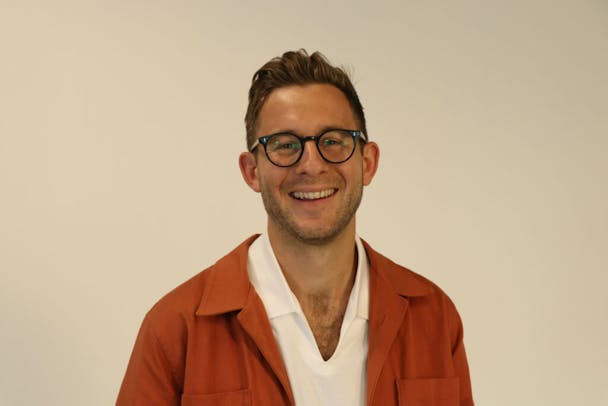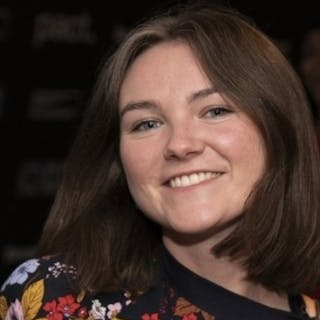Why BBC Studios hired its first-ever VP of digital commercial
Ex-Jungle Creations boss Nat Poulter shares his plans for transforming the public service broadcaster’s commercial subsidiary from a marketing play to an audience growth engine.

Nat Poulter
BBC Studios has realized that digital is not just a marketing channel but a method of growing and then monetizing audiences, which is why it recently appointed former Jungle Creations co-chief exec Nat Poulter to the newly created role of vice-president of digital commercial.
Historically, broadcasters have wanted to protect their traditional channels because that’s where a lot of the money came from, explains Poulter. “Logically, you [broadcasters] would try and build a funnel to push audiences to the linear or demand services to watch long-form content.”
But that is completely at odds with how younger audiences are watching content – short form accounts for 50% of 16- to 35-year-olds’ daily video content. “Therefore, you need to treat those short-form platforms seriously.”
Explore frequently asked questions
The fundamental questions to ask, says Poulter, are: “Is digital a marketing channel or is it a distribution channel? And, are you seeing this as a route to capture new audiences or seeing this as a route to build and monetize audiences?
“That is one of the biggest catalysts for me to come into this role – a stamp to say digital platforms are not marketing channels.”
During his six years at Jungle Creations, Poulter helped the business grow from 30 people and £3m revenue to 175 staff and more than £30m revenue.
Advertisement
When we catch up, he is eight weeks into his new role and keen to divulge his ambitious plans to connect BBC Studios-owned media channels and build a new data proposition to then package up for brands.
The BBC-owned production and distribution house has been focused on creating IP such as Bluey, Top Gear and Doctor Who – “phenomenal brands with tremendous heritage,” as Poulter calls them.
“They’ve been focused on production and distribution, but rather than thinking about brands through a production or distribution lens we need to be more audience-centric. My job is ultimately to build a connected consumer proposition across these various touch points supported by data”
Advertisement
BBC Studios currently produces for TV, social, podcasts, email newsletters and its owned webpages, but many of these channels are still operating independently. “My job is basically connecting all these disparate distribution channels to deliver a really connected consumer proposition that I can then ultimately package up and deliver to advertisers,” says Poulter.
An example he gives is a Top Gear and Audi partnership from 2022, where BBC Studios and the carmaker shot a seven-part series for YouTube, made Facebook cutdowns and had a hub on bbc.com and topgear.com.
“My job is to start thinking well how much bigger that campaign could have been and how much more impact could we deliver. I would like to start seeing newsletters and sponsorship as a product that sits within or next to a YouTube series that has cut down on TikTok – and I think that’s where I really want to get to it.”
Eventually, Poulter says, this could evolve into adding gated content, such as extra behind-the-scenes video, potentially leading to subscription revenue.
Suggested newsletters for you
‘Reach doesn’t pay the bills any more’
Driving this change at BBC Studios, says Poulter, is the recognition that reach is no longer the most important metric. Despite publishers having been focused on it for years, “reach doesn’t pay the bills any more” he says.
The game used to be about “delivering as much scale as possible to as many people as possible” and then being rewarded on the cost per 1,000 impressions (CPM) model, says Poulter. “But there is a lot of fatigue from consumers as there is just so much out there. People need to clear their minds and be really intent around what they are going to watch.”
In his view, audiences are gravitating toward niche content and are spending more time watching the shows and genres they really love rather than being generalists. “The players that are going after reach are going to struggle. The IP owners are the ones super well placed to win in this world.”

